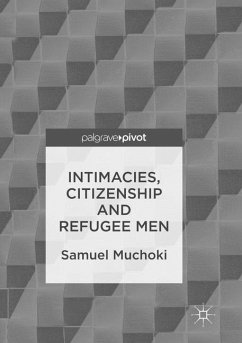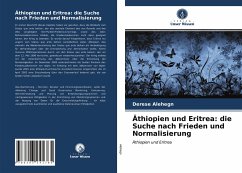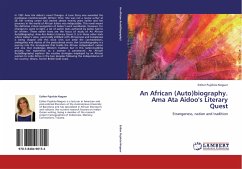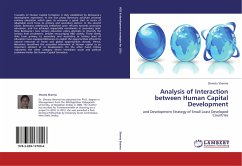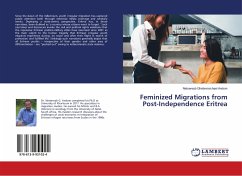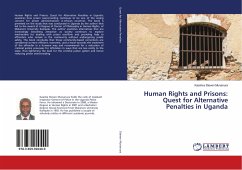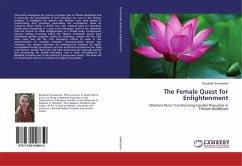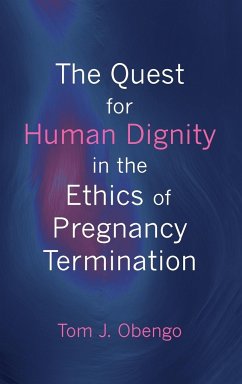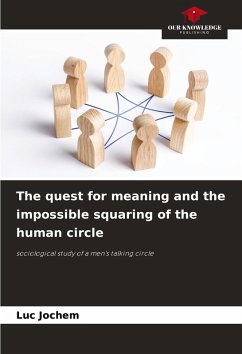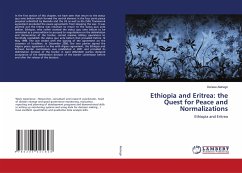
Ethiopia and Eritrea: the Quest for Peace and Normalizations
Ethiopia and Eritrea
Versandkostenfrei!
Versandfertig in 6-10 Tagen
47,99 €
inkl. MwSt.

PAYBACK Punkte
24 °P sammeln!
In the first section of this chapter, we have seen that return to the status quo ante bellum which formed the central element in the four point peace proposal submitted by Rwanda and the US as well as the OAU framework agreement precluded the peace agreements from stopping the war. It was pointed out the Eritrea was reluctant to return to the status quo ante bellum. Ethiopia, who rather wanted the status qou ante bellum to be reinstated as a precondition to proceed to negotiations on the delimitation and demarcation of the border, carried massive military operations to forcefully reestablish t...
In the first section of this chapter, we have seen that return to the status quo ante bellum which formed the central element in the four point peace proposal submitted by Rwanda and the US as well as the OAU framework agreement precluded the peace agreements from stopping the war. It was pointed out the Eritrea was reluctant to return to the status quo ante bellum. Ethiopia, who rather wanted the status qou ante bellum to be reinstated as a precondition to proceed to negotiations on the delimitation and demarcation of the border, carried massive military operations to forcefully reestablish the status quo ante bellum that prevailed before 12 May 1998. The war ended with the signing of the agreement on the cessation of hostilities. In December 2000, the two parties signed the Algiers peace agreement. In line with Algiers agreement, the Ethiopia and Eritrean border commissions was established in 2001 and provided its delimitation decision of the border in April 2002.Both parties declared acceptance of the delimitation decision of the border commission before and after the release of the decision.



